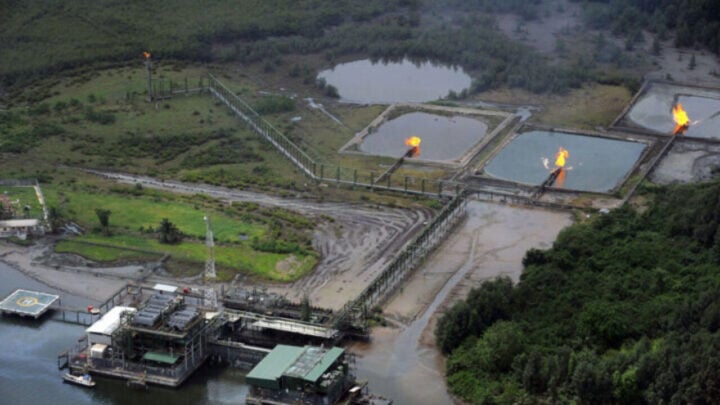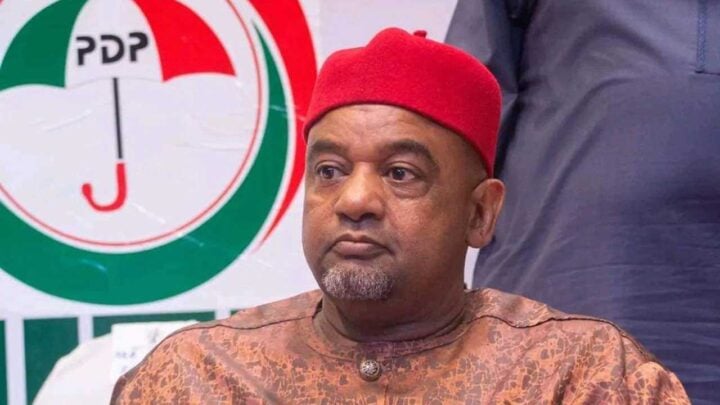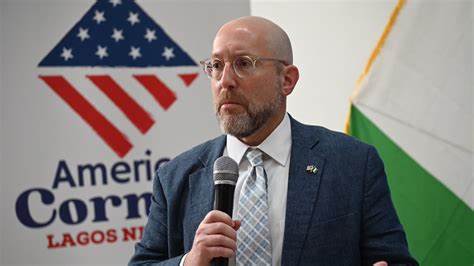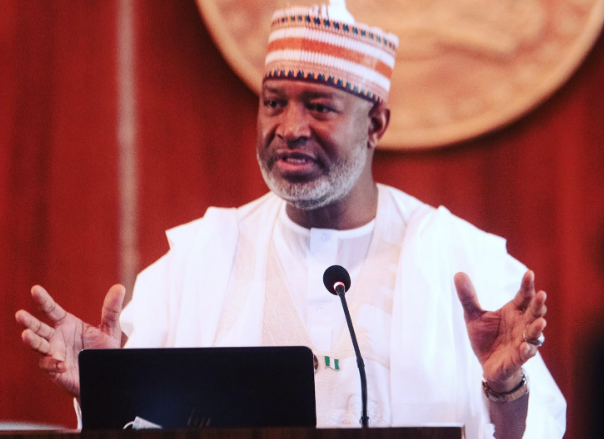The Nigerian Upstream Petroleum Regulatory Commission (NUPRC) has invited investors to bid for 12 oil blocks and seven deep offshore assets in the 2024 marginal bid round.
Gbenga Komolafe, NUPRC’s chief executive officer (CEO), spoke on Tuesday on the sidelines of the ongoing Offshore Technology Conference (OTC) in Houston, US.
Komolafe said Nigeria has 37.5 billion barrels of crude oil and condensate reserves as well as 209.26 trillion cubic feet (TCF) of natural gas reserves.
“It is towards the exploitation and optimisation of these abundant hydrocarbon resources that Section 7(t) of the Petroleum Industry Act empowers the NUPRC as the industry regulator to conduct bidding rounds for the award of PPLs (petroleum prospecting licences) and PMLs (petroleum mining licences) according to the Act and applicable regulations,” he said.
Advertisement
“It is on this premise that the federal government through the Nigerian Upstream Petroleum Regulatory Commission is pleased to announce the commencement of the 2024 licencing round at this global event for participation by international investors with financial and technical capacity.”
He said the exercise, which was initially announced on April 29, is a significant leap in the country’s strategic hydrocarbons development initiative.
“This round introduces twelve meticulously selected blocs across diverse geological spectra — from the fertile onshore basins to the promising continental shelves and the untapped depths of our deep offshore territories,” Komolafe said.
Advertisement
“Each bloc has been chosen for its potential to bolster our national reserves and stimulate economic vitality.
“Our approach is underpinned by the robust legal framework of the Petroleum Industry Act 2021 (PIA), which ensures compliance with best practices to boost investors’ confidence.”
In line with the provisions of the PIA, Komolafe said the commission has issued a licencing round guideline and published a licencing round plan for the 12 blocs.
“Namely PPL 300-CS; PPL 301-CS; PPL 3008; PPL 3009; PPL 2001; PPL 2002; PML 51; PPL 267; PPL 268; PPL 269; PPL 270; and PPL 271,” he said.
Advertisement
“In addition to these blocs, the seven deep offshore blocs from the 2022 mini-bid round exercise which cover an area of approximately 6,700 km2 in water depths of 1,150m to 3,100m shall also be concluded along with this licencing round.
“To ensure the seamlessness of the licensing round exercise, the NUPRC, in collaboration with our national data repository and multi-client partners, guarantees access to comprehensive and high-quality geological data, facilitating informed decision-making and strategic investments.”
Komolafe said the blocs on offer have extensive 2D and 3D seismic data coverage, including multi-beam and analogue data.
“Additionally, a 3D reprocessed pre-stack time migration of remarkable quality is also available to prospective bidders,” the NUPRC boss said.
Advertisement
“The availability of advanced seismic datasets and analytical tools via our dedicated portals exemplifies our commitment to excellence and technological advancement.
“Distinguished investors and industry captains and stakeholders, the licencing round is indeed expected to be a huge success for Nigeria and is a big step toward growing the nation’s oil and gas reserves through aggressive exploration and development efforts.”
Advertisement
‘2024 MARGINAL BID ROUND TO BOOST OIL PRODUCTION’
Komolafe said the bid round is expected to bolster production, expand opportunities for gas utilisation and end-to-end development across the value chain, as well as strengthen energy security and economy.
Advertisement
The licencing round, he said, will provide an opportunity to gainfully engage the pool of competent companies in the oil and gas sector, providing employment opportunities.
“In addition, the licencing round presents us with the opportunity to reinforce Nigeria’s commitment to openness and transparency in line with the principles of the Extractive Industry Transparency Initiative (EITI),” he said.
Advertisement
“On the global scale, the licencing round will no doubt be beneficial to all stakeholders and will in the long run contribute to long-term global energy sufficiency.”
Komolafe said the licencing round process was formulated in consideration of global energy sustainability goals.
Add a comment






